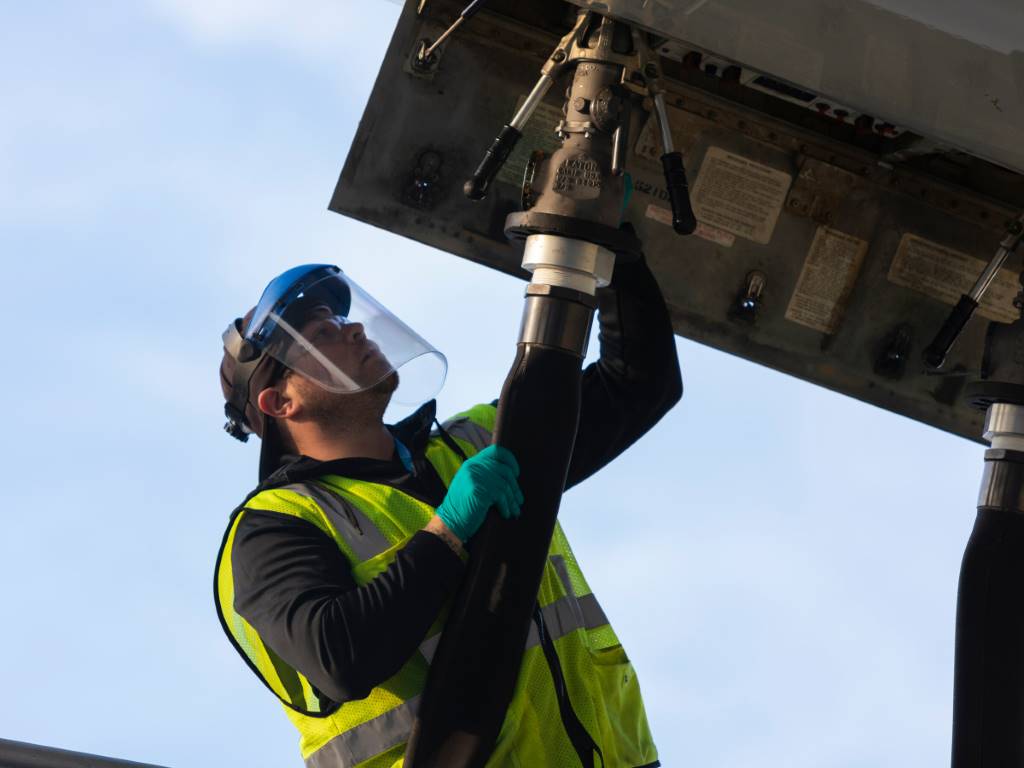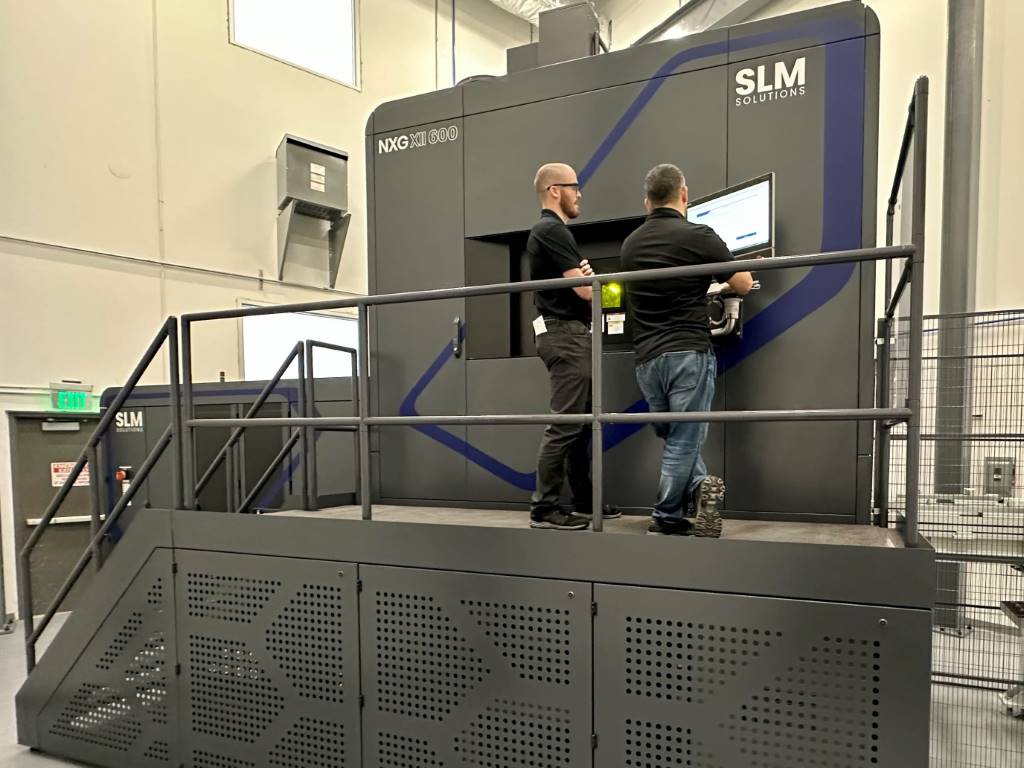A grounding in grant funding

Joe Matusiak, grants manager at innovation funding specialists, ABGI UK discusses the changes to UK aerospace sector grant funding environment.
Innovative UK aerospace manufacturing companies, many of which have a long history of collaboration with European and other companies, now have some degree of clarity on how Brexit has affected accessibility to EU-led grant programmes.

As a firm which supports a number of innovative UK aerospace businesses, ABGI is aware of just how critical this matter is within the sector. The impact of both Brexit and the global pandemic appears to have now increased the appetite for further innovation and R&D funding.
Many British companies, not least those within our aerospace sector, will want to continue working in partnership with their European counterparts, accessing grant funding through the EU’s Horizon 2020 (H2020) scheme. Fortunately, UK entities, including innovative businesses, universities, and research centres, will have full rights to participate in the first calls for proposals of Horizon Europe once they are published on the European Commission’s website.
British firms are, however not eligible for some aspects of the European Innovation Council (EIC) Fund. This was set up by the Commission last year to make direct equity and quasi-equity investments of up to €15 million in the capital of start-ups and SMEs, but the UK Government had taken the decision not to take part. UK companies can however apply for grants under the EIC Accelerator, but are not eligible for loans or equity. They can also participate in the in the EIC’s Pathfinder programme with counterparts from EU member states and other associated countries.
With further clarity on the H2020, UK aerospace businesses must now focus on existing programmes already in place to help support the industry, including the National Aerospace Technology Exploitation Programme (NATEP). Developed by the Aerospace Growth Partnership, NATEP provides up to £300,000 in funding to UK aerospace sector SMEs to increase their capabilities to win new business across the world. It also helps qualifying businesses reach out beyond their sector by promoting collaboration with other bodies including research and technology organisations.
NATEP is one of the four strands promoted by the Aerospace Technology Institute (ATI), an organisation focused on accelerating innovation and competitiveness within the UK aerospace sector. Working in partnership with the UK Department for Business, Energy and Industrial Strategy and Innovate UK, the ATI promotes transformative technology across the industry by funding world-class research and development through a £3.9 billion joint government-industry programme. Its R&D portfolio consists of over 300 projects so far which are aimed at helping secure jobs, maintain skills and deliver economic benefits across the UK.
New funding routes
While they are supportive to Britain’s aerospace sector, the UK Government needs to quickly roll out new grant funding routes to drive innovation and support the sector in the post-Brexit world. This could begin with a re-examination of Innovate UK and the role it could play in helping fill the void.
Regional bodies, including English Local Enterprise Partnerships, Scottish Enterprise, the Welsh Development Agency, and Invest Northern Ireland, could also play an important part within a new grant funding structure. Additional funds and autonomy could be given to these organisations empowering them to provide grants for innovative companies within their local areas, especially those based within deprived communities.
The UK Government’s nearly created ‘blue skies’ science and research agency provides a further potential grant funding route. The agency, designed to boost Britain’s competitive edge, was given an additional £800m to fund ‘high-risk, high reward science and help Britain become a world leading science and research centre.
As we aim to secure new global markets for our manufacturing sector, this is an ideal time for the UK Government to consider better ways and means of supporting and incentivising manufacturing innovation in key sectors including aerospace.
We should be looking to implement the best ideas from other imaginative international programmes, such as the CanExport initiative which provides grants to support Canadian companies with export marketing projects. A unique feature of CanExport is that it includes financial support to help companies participate in tradeshows and government-led trade missions, increasing their reach to global markets.
The introduction of a UK version of this programme, along with other new grant funding initiatives would provide a significant post-Brexit boost to our aerospace sector, which directly employs 375,000 people and contributes £46bn in exports and a further £30bn in added value to Britain’s economy every year.
Although we now have a clearer picture of the post-EU grant funding position, the impact of Brexit on key sectors, including UK aerospace, is far from certain.
The industry and UK Government need to continue exploring imaginative ways to help deliver innovation and competitiveness into the future. Given its economic and strategic importance, safeguarding the UK aerospace sector by maintaining a strong innovation ecosystem to support its ongoing growth will be essential.











